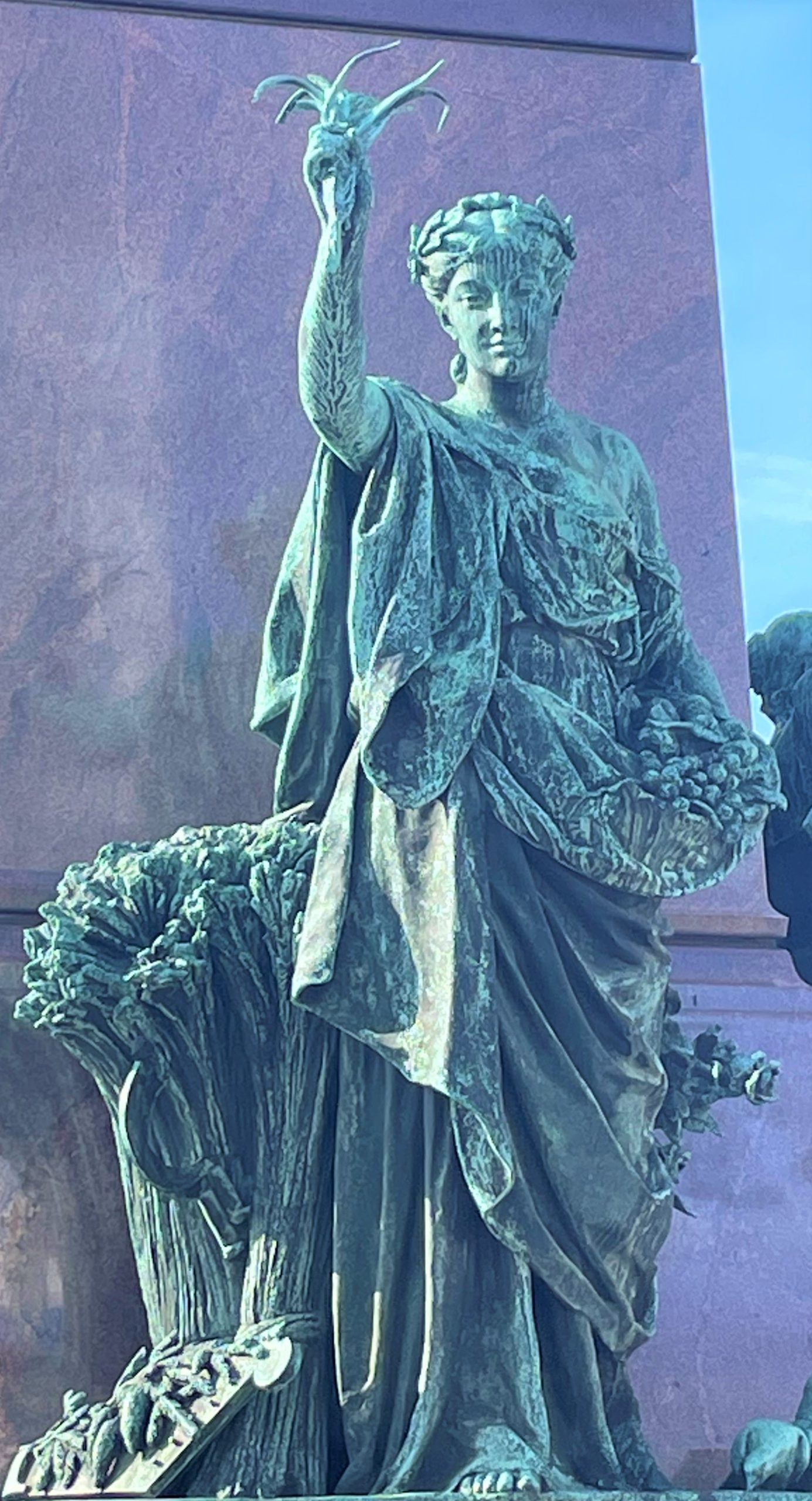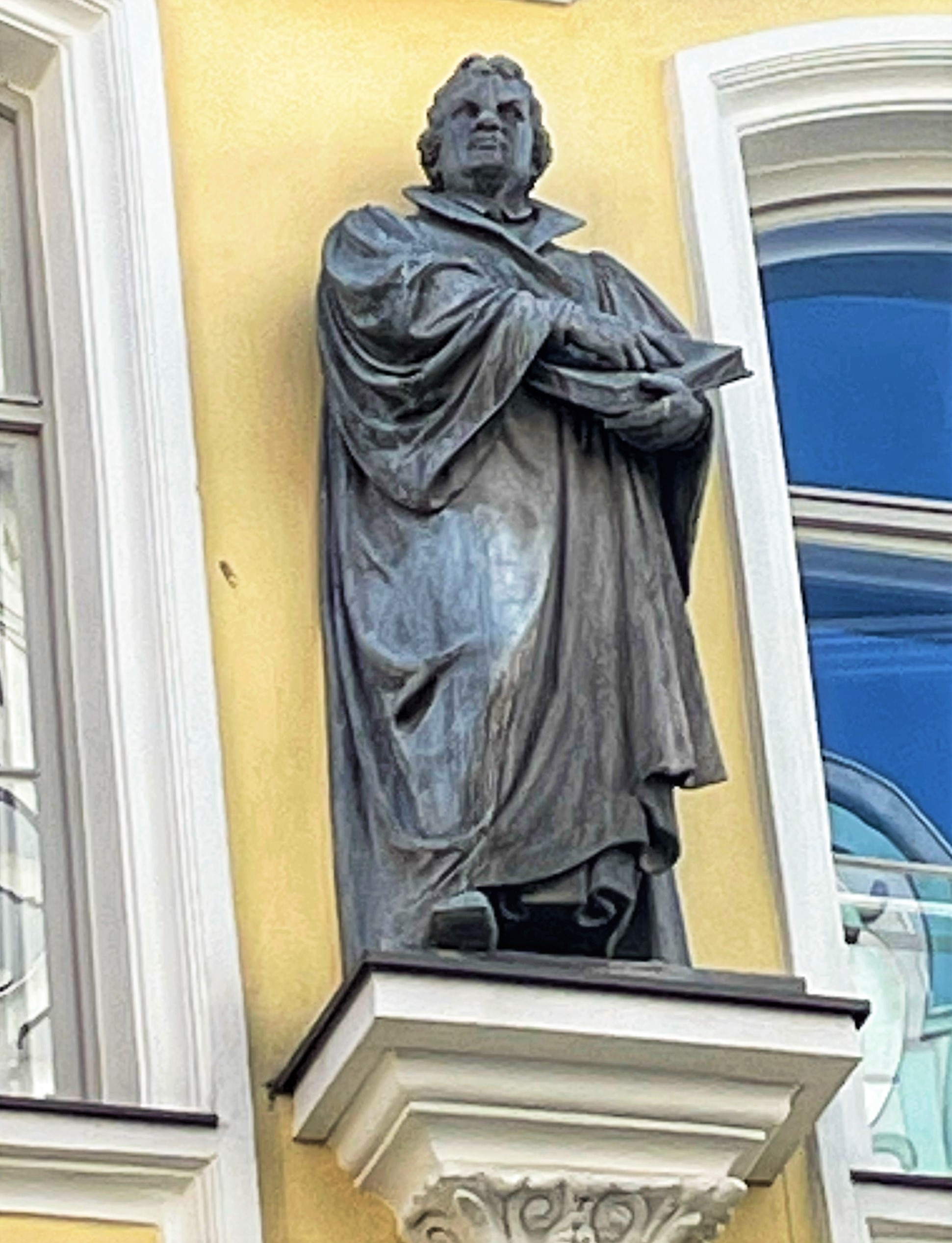
Do you really need a lawyer for the Florida Probate that you are involved in? You may not, after all. Find out some secrets from the experts to help you stay informed, up to date, and to receive your inheritance. (Yup, that’s right: it should not be that difficult!) For more perspective on this topic, click HERE. Florida Probate Process Explained Previously, we have written about the whole “estate-probate-inheritance” process. To read more about this topic, you can click here. But, let’s quickly go over some basic, important aspects that you NEED to know. First, if there is no will, then “heirs” inherit through intestacy. This includes the surviving spouse unless he signed a prenup or some waiver of inheritance rights. Second, in an intestate estate, adult children — NOT just minor children– inherit. And maybe even some grandkids. Intestacy is the passing of property from an estate to heirs. It’s a process with its own special rules. Why talk so much about this topic? Because today, lots and lots of people die without a will. Even those who had the money to afford an attorney to write one. It happens all the time. Third, to get your inheritance, you probably need to “open” a probate. Why? Because you probably want two things: first, a “personal representative” appointed to administer the estate; and two, orders from the probate judge that say you inherit. (This is true especially for real estate or homestead. When you go to sell it, the title […]







